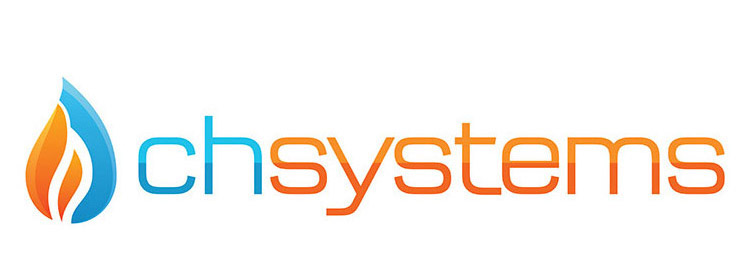Five top tips for choosing new office space
Choosing a new office space for your business is exciting but also stressful. There’s a lot of pressure to choose the right space and the move itself can be taxing. Britishgas.co.uk has some great advice on how to choose the best office space for your business:
The first is LOCATION – where will make your business a success? A few questions you could ask yourself include:
- Is it the right location for my key employees?
- Is the location convenient for clients?
- What is the parking situation?
- Are there amenities nearby?
- Are there good transport links?
Next on the list is TECHNOLOGY FACILITIES & SUPPORT. Most businesses, whether small or large, cannot function without technology; speedy computers, reliable internet and all the support needed to make business happen. Choose an office that is conducive to the IT needs of your company.
Also consider where your COMPETITORS work – if, for example, you might share a building with your enemies, and whether this could pose a problem.
WORKSPACE is also essential. Is there enough space to accommodate the potential growth of your business? Does the layout work and how much freedom do you have to decorate the office as you would like? Your new office needs to fit the personality of your business and the needs of your employees.
Lastly, the COST. Probably the most annoying aspect of the search for a new office but it’s important to be realistic; what can your business afford? There’s no point putting your business in jeopardy before you’ve even moved!
Think realistically but also remember to accommodate the dreams you have for your business, in your new office space!
Source: Britishgas.co.uk – “Choosing the right office space for your business”


